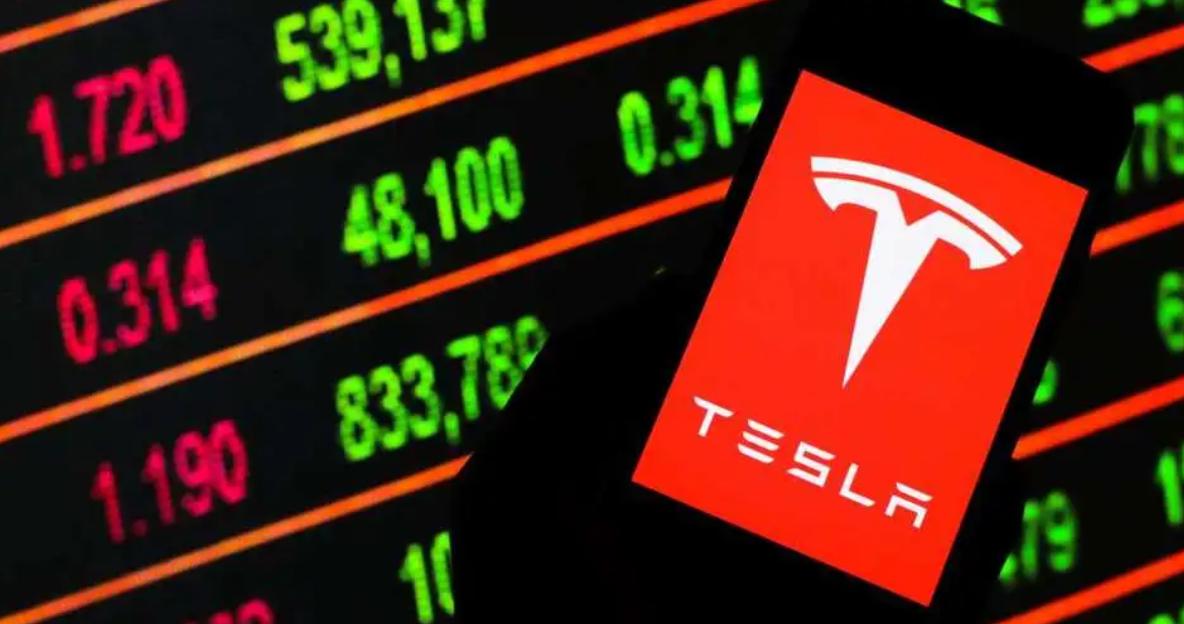
Tesla closed down 8.44 percent at $241.03, the biggest one-day drop since January 25 and the worst performer among the seven sisters in the U.S. stock market, with its total market value falling below $800 billion to $768.692 billion. Tesla shares extended their decline after hours, falling nearly 2 percent. Tesla's plunge not only ended its 11-day winning streak, it also made it one of the biggest losers of the day among technology stocks. Shares of potential Tesla rivals Uber and Lyft rose immediately. By the close, Uber was up more than 6 percent and Lyft was up 4.64 percent. According to people familiar with the matter, Tesla plans to delay the launch of the robot taxi from August to October. To give the project team more time to build more prototypes. The news may have added to investor concerns, which in turn affected share prices.
The slump may have triggered panic among investors, but it also provided an opportunity for those looking for a bargain. The reasons for this phenomenon are also diverse, the first is market factors, after the US CPI data reported good traders choose to withdraw from the recent strong performance of the technology sector, resulting in the stock price of the giant companies in the field generally fell. Increased investor speculation that the Federal Reserve will cut interest rates as early as September has sent bond yields plunging, and this optimism about lower rates has triggered a shift of money from large-cap technology stocks to riskier sectors. Tesla, as one of the most representative technology stocks, has been affected by this flow of money. Investors may start to worry about the high valuations of tech stocks and choose to divest from the recently strong tech sector in search of better investment opportunities or safe havens. At the same time, Tesla's plunge was also influenced by the overall market sentiment, which often leads to short-term fluctuations in stock prices in the stock market. When market sentiment turns pessimistic, investors may choose to sell stocks, causing prices to fall.
The second is the company factor, Tesla will delay the launch of the robot taxi, which has triggered market concerns. Investors may be concerned that the project delay will affect the company's performance and future development prospects, and choose to sell shares. The reason for the delay may also be that the project team needs more time to build more car prototypes, which further exposes Tesla's ability to push forward multiple vehicle projects at the same time. Tesla faces stiff competition in the electric vehicle market from traditional automakers and emerging electric vehicle brands. As these competitors increase their research and development and investment in electric models, Tesla's market share may be greatly impacted. In particular, other high-end models such as Model S and Model X also plunged in sales year-on-year, which further exacerbated investors' concerns about Tesla's future performance. Some investors may conclude that Tesla's valuation is still too high to match its fundamentals, and they may choose to sell shares or other ways to liquidate to reduce risk or lock in profits.
In addition, while the plunge is not directly related to Musk's acquisition of Twitter, Musk's words and actions on Twitter can still have a big impact on Tesla's stock price. For example, Musk's vision for Tesla's future or changes to the company's strategy can trigger market attention and volatility. At the same time, changes in the macroeconomic environment may also have an impact on Tesla's share price. For example, slowing global economic growth, intensifying trade disputes and other factors could adversely affect Tesla's performance and stock price.
To sum up, the reasons for Tesla's 8.44% plunge are multifaceted, including a combination of market factors, corporate factors, and other factors. Investors should fully consider these factors when making investment decisions, and carefully evaluate the company's fundamentals and future development prospects.

The U.S. third-quarter GDP growth rate, strikingly highlighted at 4.3%, not only surpassed market expectations but also earned the label of "the fastest in two years."
The U.S. third-quarter GDP growth rate, strikingly highligh…
Recently, US personnel intercepted a "Century" super oil ta…
According to Xinhua News Agency, the subtle changes in the …
The rapid development of artificial intelligence has brough…
In December 2025, Taiwan's political scene was shaken by a …
When Apple appears for the Nth time on the list of penaltie…